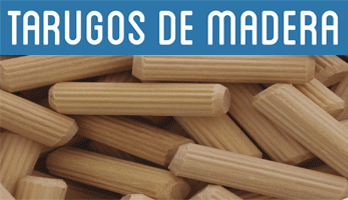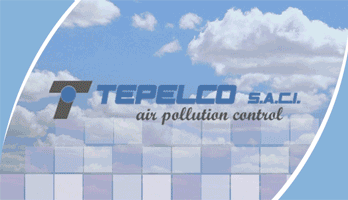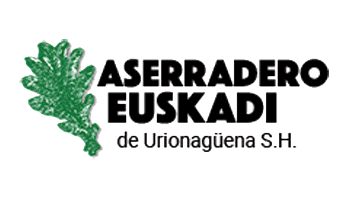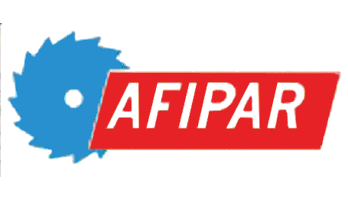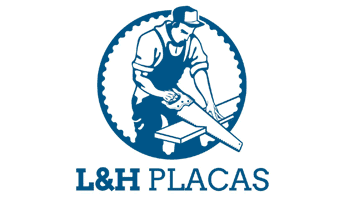.jpg)
New order is part of expansion and modernization project at Sanem site in Luxembourg
Kronospan plans on investing 330 million euros at its Sanem site in Luxembourg over the next four years. Before the planned new construction of a particleboard plant in the second project phase, the existing OSB plant will be partially refurbished and modernized.
The multi-opening plant, in operation since 1996, was one of the first OSB production plants in Western Europe. After more than 20 years of operation, it will be replaced by a continuous production line with CPS+. In addition to the press, the order also covers the forming station, the forming line, the finishing line (comprising a diagonal saw, large stack formation and large stack storage) as well as the conveyor technology, the filter systems and the press exhaust air treatment. The execution and supervision of the assembly are also included in the Dieffenbacher scope of supply.
This cutting-edge plant was planned entirely using 3D design tools. This allowed Dieffenbacher to fine-tune the plant structure to the conditions at the site, largely avoiding additional preparatory work for Kronospan. The contract was signed at the end of May, and commissioning is set for autumn 2018.
The project continues the long-standing collaboration between Dieffenbacher and Kronospan, especially in the area of OSB. Sanem will be the sixth OSB project completed by Dieffenbacher for Kronospan in less than 15 years. Kronospan also produces OSB panels using Dieffenbacher plants in Jihlava (Czech Republic), Riga (Latvia), Brasov (Romania), Mogilev (Belarus) and Strzelce Opolskie (Poland).
Para mayor informacion: http://dieffenbacher.vetas.com

TE PUEDE INTERESAR
 Bosque nativo | En Misiones endurecen controles en rutas por transporte ilegal de madera nativa, tala de bosques sin permisos y guías digitales fraudulentas
Bosque nativo | En Misiones endurecen controles en rutas por transporte ilegal de madera nativa, tala de bosques sin permisos y guías digitales fraudulentas
La informalidad en la actividad forestal de Misiones volvió a quedar en evidencia, la cultura de operar en la ilegalidad es una problemática histórica, y desde el Ministerio de Ecología y Recursos Naturales Renovables realizan los operativos de control y fiscalización correspondientes en la regulación de la actividad productiva y gestión sostenible para el uso de los bosques nativos.
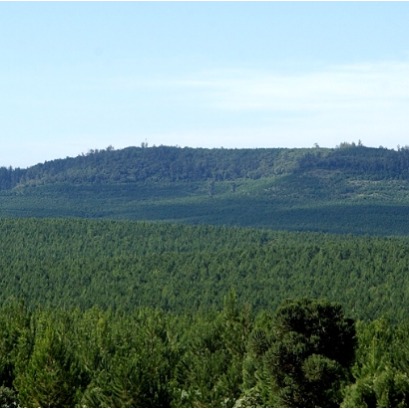 Seminario gratuito sobre la implementación del reglamento europeo EUDR en productos de madera libre de deforestación
Seminario gratuito sobre la implementación del reglamento europeo EUDR en productos de madera libre de deforestación
La Asociación Forestal Argentina (AFoA) organiza el seminario «EUDR en Productos Forestales: Estado actual de la implementación. Requisitos regulatorios y experiencias privadas», que se realizará el miércoles 26 de noviembre, de 11:00 a 12:00, por Zoom, con transmisión en vivo por YouTube. El Reglamento Europeo sobre Productos Libres de Deforestación (EUDR), entrará en vigor el 31 de diciembre de 2025 e impondrá nuevas exigencias para los productos forestales que ingresen al mercado de la Unión Europea.
 Nación refuerza la prevención y capacitación contra incendios forestales
Nación refuerza la prevención y capacitación contra incendios forestales
El director de la Agencia Federal de Emergencias (AFE), Santiago Hardie, se refirió al apoyo que desde la Nación se brinda en combate de incendios. Sostuvo que la mayoría de los focos ígneos responden a intervenciones humanas y que, por lo tanto, la conciencia social es una herramienta central para reducir daños ambientales, materiales y humanos.



